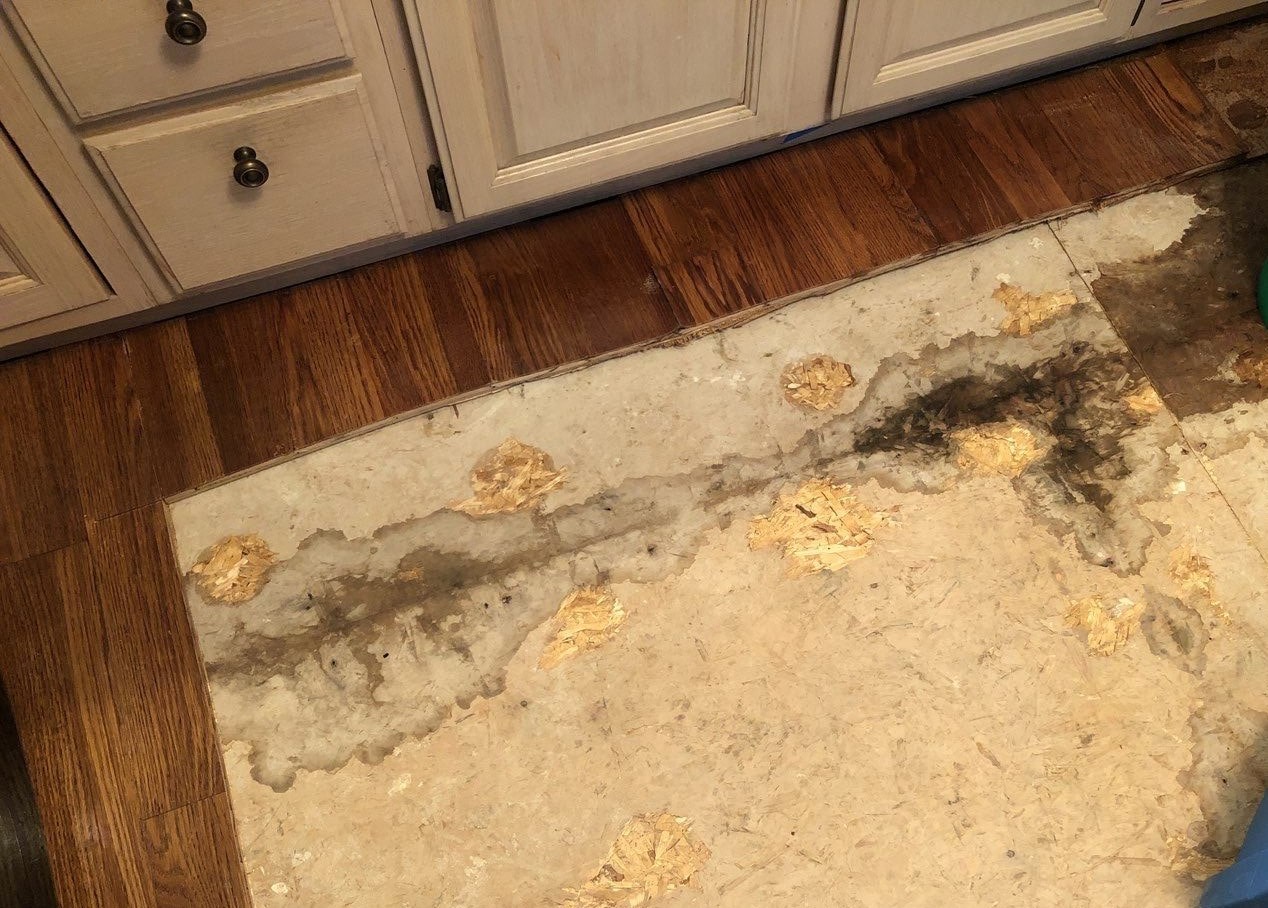Preventing Water Damage in Your Kenosha Home
While water damage inside a home is often the result of local flooding, or a pipe bursting in winter, there are many possible causes of a water leak year round. Knowing how to prevent water leaks and avoid damage to your home is important.
If you are just now realizing this due to a water damage situation, you can call “the dry guys” for water damage remediation, and then follow this checklist to help keep incidents like these from happening again.
How to Prevent Water Damage
An informal home inspection for potential issues should be done twice a year, and should include the following areas and items:
- Hot water heaters. These can rust or develop cracks over time and should be checked every year. Look for signs of rust or deterioration; check the drain pan for water, and ensure that the drain line for the overflow pan is not clogged. See your manufacturer’s directions for recommendations on draining and cleaning your water heater.
- A/C drain lines. Damage can occur if the line that drains condensation away from the evaporator coils becomes clogged, and water overflows from the drip pan. Check the drip pan for water periodically when in use, and have the AC unit and the drain line serviced annually.
- Indoor and outdoor pipes and faucets. Insulate exterior supply lines, and check interior pipes regularly for cracks. A burst pipe in winter is no joke.
- Appliance hoses. It’s not just pipes that degrade over time; broken appliance hoses are one of the most common causes of water damage. Visually check the hoses and hose fittings on washing machines, icemakers, and dishwashers for kinks, cracks, bulges, or deterioration, and replace standard rubber washing machine hoses with steel-reinforced hoses for added protection.
- Garbage disposal. Routinely check for cracks, or other sources of leaks, and keep the area under your disposal free from clutter in case you need to access it quickly.
- Bathrooms. Water leaks around bathtubs, showers, sinks, and toilets can cause major damage before they are found because the leak is often out of sight. A watertight seal of caulk around tubs, sinks, toilets, tubs, shower stalls, windows, and doors can help prevent leaks but watch for damp spots on walls or on the floor in case a small leak is happening inside the walls.
- Roofs and Gutters. Check and clean your roof at least once a year, especially if you have trees around your house. Debris can cause roof damage, and leaves can clog gutters, causing water to find a way through your roof and into your attic space.
Know where your water valves are, and how to shut off water to affected areas or the whole house, if needed. Keep a sump pump in any basement area in case of water leaks or flooding. Aim sprinkler heads away from your home, and remember when landscaping to direct water drainage away from the foundation. If you do experience a leak and water damage, call The Dry Guys for water removal and mold remediation.






